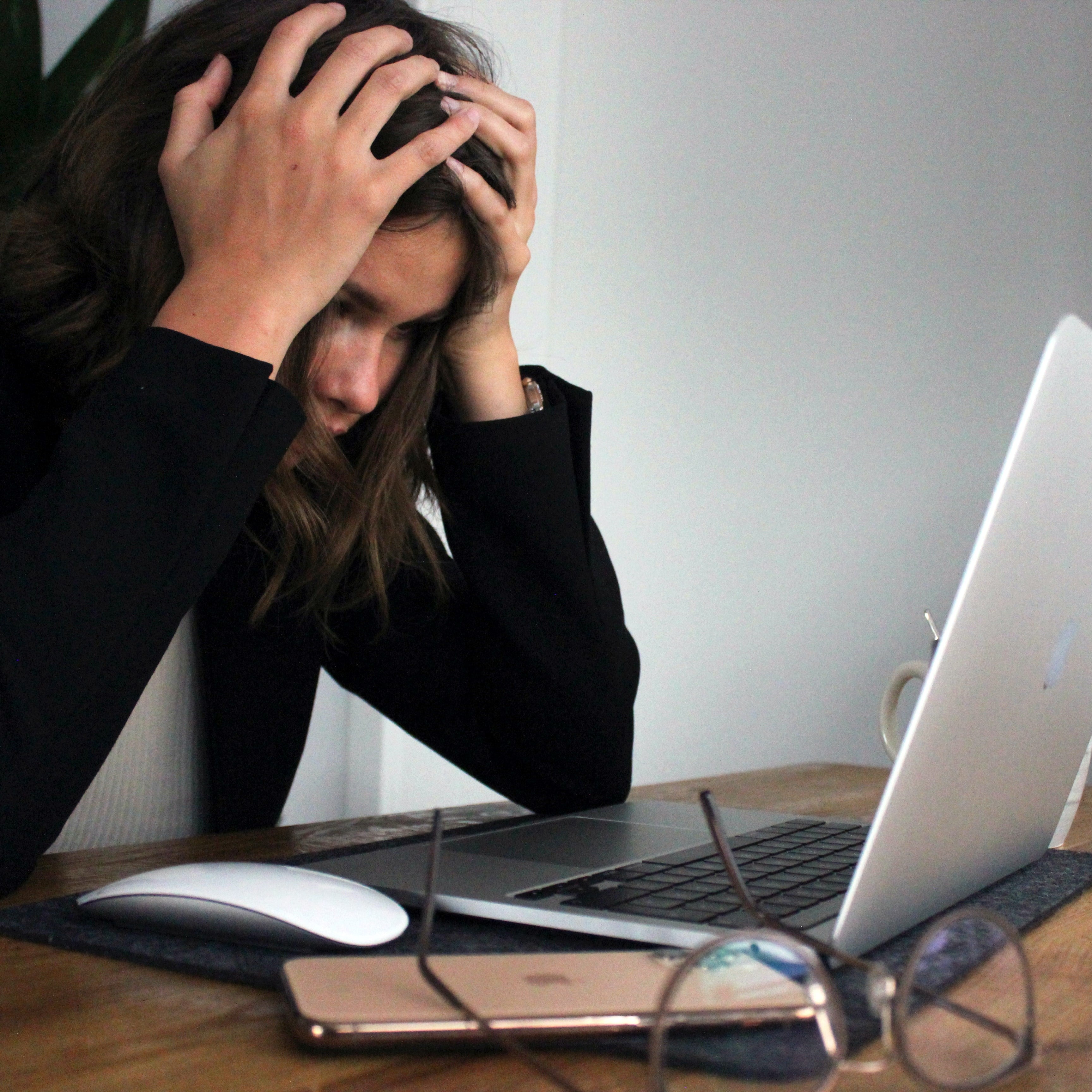Sleep is like oxygen – we need it to survive and thrive. Sleep plays an integral role in your health, and a lack of sleep contributes to the risk of developing a number of health complaints including feelings of stress. Sleep is a time when our mind gets to download the day's events, then reset and be ready to start the next day afresh. Getting 7-9 hours of continuous sleep each day is considered the normal amount needed for adults, while teenagers may need a little more through the growing years, and seniors can need slightly less.
While you’re sleeping, or resting, any energy reserves normally used when you’re awake can be directed to areas in your body for healing and repair. So if you experience long term sleep deprivation, and you're not getting a chance to recharge, your health can be compromised. There is an increased risk of developing conditions like poor memory and concentration, high blood pressure, weight gain, low libido, lowered immune defences, respiratory illness, diabetes, heart disease and stroke, mood/mental health disorders, weight gain, and a higher risk of accidents. Tiredness and fatigue quickly burden the body and mind, which is why getting good amounts of sleep helps to buffer all the stressors you encounter in your day.
Luckily you’ve got backup. Your body has its own built-in 24-hour master clock that informs your sleep-wake cycle, sending signals on cue at certain times of the day to regulate specific activities. For example, as daylight fades into night, the brain is signalled to produce the hormone melatonin which induces drowsiness and sleep. When this circadian rhythm becomes disrupted, sleep disturbances can show up. Some disruptors can’t always be avoided, like jet lag, shift work, daylight saving changes, or wakeful children, so the best thing you can do is try your best with each new day.
To help create good sleep patterns every day, it's recommended to:
- Avoid day time naps
- Avoid stimulants like coffee after midday
- Go to sleep at the same time each night and wake the same time each morning
- Keep your bedtime schedule during weekends and holidays
- Spend time, 1hr before sleep, doing relaxing activities to slow your mind and body down
- Avoid eating heavy meals late in the evening
- Stop using all electronic devices (including e-readers) 2hrs prior to bed time
- Dim the lights as night falls – low, soft, yellow light helps melatonin production
- Do daily exercise for a better night’s sleep – but avoid exercising later in the day
- Do breathing exercises/meditation before bed to help soothe the nervous system, relax and calm the mind
- Avoid eating sugary and stimulating foods after 5pm
- Clear clutter out of your bedroom and make sure you have clear tidied space around you bed
- Ventilate your bedroom while sleeping
- Be mindful of your stressors and find tools that help you reduce your stress levels. A stressed nervous system can have an immediate negative effect on sleep.
Some foods and drinks can affect your sleep patterns too. Alcohol is a common go-to for people because of its sedating affects, but it can be known to have a rebound effect causing you to wake in the wee hours of the morning, much earlier than you want, and feeling unrefreshed. Caffeine is another favourite for many - found in coffee, chocolate, teas, soda drinks, cocktails, and desserts, this is one to watch for when dining out.
If you have a history of disrupted sleep patterns you may find you need to persist a while before you establish your ideal routine. A bit like a weight loss program, your efforts each day will have an accumulative effect so don’t give up!
If you are experiencing unresolved sleep deprivation we recommend contacting your health care professional.
Sleep is your body’s time to rest and recover. Without good quality sleep everything in life can seem much harder. That is why we have put together the ultimate solution for getting more sleep.
How does it work?
Our Sleep Pack combines 3 of our favourite supplements for better sleep: Quick Calm for rapid relief from stress and tension, Sleep Switch to help you switch off and sleep deeply, and Calcium for extra support in getting restful sleep.
Quick Calm is made with Bluenesse® and Ashwagandha. Bluenesse® is a scientifically researched Lemon Balm extract with concentrated levels of rosmarinic acid for a quick acting effect on mood, helping calm and provide mental focus and clarity when you may need it most of all. Ashwagandha has been traditionally used as a powerful adaptogen for stress and supporting relaxation and calmness.
We paired this up with Magnesium Sleep Switch to help you switch off when it's time to sleep, stay asleep and wake refreshed. Made with natural Magnesium with over 72 elements and minerals for superior absorption, along with Lemon Balm and Magnolia.
And to complete the package of sleep support, our Natural Calcium Powder is certified organic and sourced from a sustainable, harvested seaweed that is naturally rich in calcium and that has a unique porous honeycomb-like structure for optimal absorption. When taken as a part of a healthy diet made up of a variety of foods it provides a wide range of minerals that can aid in the absorption of calcium such as boron, magnesium, and iodine.
How to Use:
- Magnesium Sleep Switch: Adults: 2 capsules daily. Children 12 years and over: 1 capsule daily.
- Quick Calm: Adults: Take 1-2 capsules daily with food. Alternatively, for extra calm support take one capsule morning and evening with food. Children 12 years and over: 1 capsule daily either morning or night.
- Natural Calcium Powder: Adults: 1 teaspoon (2.8g) daily.Children 6-12yrs years: ½ teaspoon (1.4g) daily. Children 1-6 yrs: ¼ teaspoon (0.7g) daily. Mix into water or juice. Best taken after food.
And the best part? When you buy our Sleep Pack, you save 25% compared to buying the products individually!




